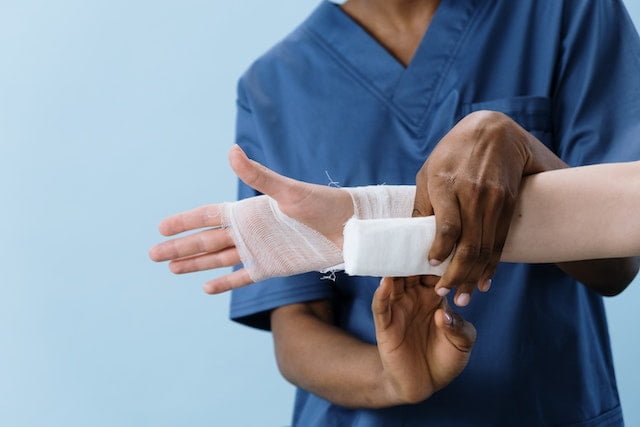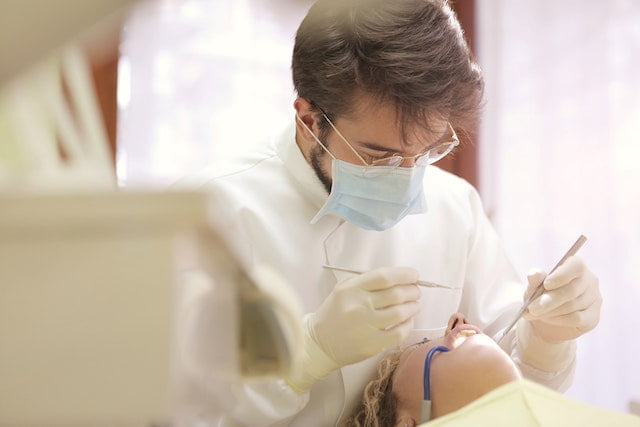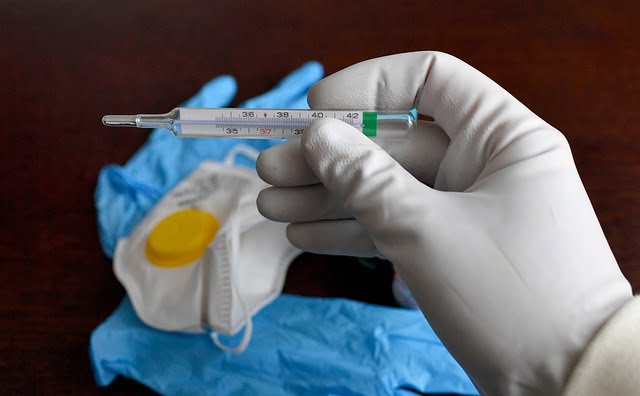According to the Food and Drug Administration (FDA), disposable medical supplies or devices are items that are intended to be employed for single use only. These devices are only used for one patient and are discarded immediately as they are not supposed to be reprocessed (i.e. cleaned, sterilized, or disinfected). In different healthcare setups, varying disposable items are employed. Let us make an analysis of which disposable medical supplies are frequently used in surgery, dentistry, and obstetrics.

Disposable medical supplies used in surgery
Surgical procedures become necessary when no other treatment options are working or lack suitability in a certain case. These processes are not only risky for the patient but also for the physicians as the chances of contamination are high, particularly during open surgeries. Therefore, the use of disposable medical supplies for safety purposes is considered necessary. Some of the commonly used medical supplies used during surgeries include the following:
Bandages:
Bandages are single-use items that are employed to cover the surgical area once the procedure has been completed. These bandages block the exposure of air to the wounds thus the incidence of infections is minimized.
Gloves, gowns, and face masks:
Gloves, face masks, and gowns are used by the healthcare staff during the surgery. These help avoid direct contact with the blood as well as the exposed body tissues.
Hypodermic needles and syringes:
Hypodermic needles and syringes are used to collect blood samples from the patients apart from their employment in transferring substances into the bloodstream.
Catheters:
Catheters are utilized for the drainage of fluids from the patient’s body. Sometimes, these are also helpful in the administration of certain substances into the body.
Surgical sponges:
Surgical sponges absorb the blood while an open surgery is being performed. These improve visualization for the surgeon thus aiding the process.
Disposable medical supplies used in dentistry
During dental procedures, as the dentist is in direct contact with the patient’s body fluid i.e. saliva, the chances of contamination cannot be eliminated.
However, there is a possibility of minimizing the transfer of microbes from the patient to the dentist and again to another patient by adopting the work guidelines set by the respective authorities.
In addition, the use of disposable medical supplies is also essential which significantly reduces the overall infection risk. These disposable dentistry items include the following:
Dental cotton rolls:
Dental cotton rolls are used intraorally as they absorb saliva or any other fluids from the oral cavity. This way, the area being treated remains free from excessive moisture. A good-quality cotton roll does not stick into the oral cavity and has a high absorption capacity.

For making a purchase for various kinds of disposable medical supplies, check the website of Health Supply 770. They offer quality products at the best prices.
Dental cotton-tipped applicators:
Cotton-tipped applicators are sticks with ends covered with cotton material. These are employed for the application of gels, liquids, or pastes into the oral cavity. Cotton applicators are available in different sizes which vary in their length.
Dental gauze sponges:
Gauze sponges are pads which to be placed on the inner sides of the cheeks to absorb saliva or moisture during dental procedures. These gauzes are made from woven as well as non-woven materials.
Dental suction attachments:
High high-volume evacuation system (HVE) is affixed with a disposable suction tip prior to its use. These tips, made up of plastic or metal, are used to remove blood droplets, dust, viruses, aerosols, or other contaminants from the patient’s mouth.
Dental suction tubing:
A dental suction tubing is a flexible pipe used to attach the saliva ejectors, handpieces, and air and water ejectors with each other. It is available in different diameters to choose from based on the delivery system being used.
Tongue depressors:
Tongue depressors are splinter-free wooden sticks that are used to put slight pressure on the tongue during the inspection of the oral cavity.
Disposable medical supplies used in obstetrics
Obstetrics as well as gynecology need the employment of many medical supplies during examination. Also, at the time of childbirth, samples are to be taken from the cervix as well as the vagina. Thus, for these procedures, plastic or metal-based devices are utilized some of which are detailed below:
Umbilical cord clamps:
Umbilical cord clamps are used in the maternity wards to clamp the umbilical cord while and after detachment. These clamps are disposable, non-toxic, and are considered safe after previously being subjected to biological testing.
Disposable vaginal speculum:
Speculums are employed for the retraction of the vaginal wall while a gynecological examination or procedure is going on. These speculums are usually made with stainless steel which can be subjected to sterilization but plastic options are also available which are sterile, non-toxic, and free from pyrogens.
Cervical brush:
Cervical brushes are used to take samples from the cervix for HPV testing. These are soft and flexible and come in different sizes.

Sterile swab stick:
Swab sticks are used to take samples from the cervix and vagina for testing the presence of bacteria. Conditions like bacterial vaginosis, trichomonas vaginalis, and vaginal thrush can be diagnosed by these samples.
Amniotic membrane perforator:
Amniotic membrane perforators are employed during the amniotic procedures including the vaginal examination during pregnancy as well as at the time of childbirth.
Smears cervical scrapers:
Disposable plastic smear scrapers are used to take samples from the cervical tissue to test a woman for cervical cancer. These scrapers are often used during pregnancy for regular cervical screening.
Conclusion
During a surgery or a dental procedure, multiple kinds of medical devices are to be used. Among these, disposable medical supplies occupy an essential spot as almost no procedure can be completed without these.
Items ranging from examination gloves to amniotic membrane perforators, all of these items are put to use after being declared safe and pyrogen-free. When it comes to cost, disposable medical supplies are usually inexpensive and easily accessible.

PhD Scholar (Pharmaceutics), MPhil (Pharmaceutics), Pharm D, B. Sc.
Uzma Zafar is a dedicated and highly motivated pharmaceutical professional currently pursuing her PhD in Pharmaceutics at the Punjab University College of Pharmacy, University of the Punjab. With a comprehensive academic and research background, Uzma has consistently excelled in her studies, securing first division throughout her educational journey.
Uzma’s passion for the pharmaceutical field is evident from her active engagement during her Doctor of Pharmacy (Pharm.D) program, where she not only mastered industrial techniques and clinical case studies but also delved into marketing strategies and management skills.
Throughout her career, Uzma has actively contributed to the pharmaceutical sciences, with specific research on suspension formulation and Hepatitis C risk factors and side effects. Additionally, Uzma has lent her expertise to review and fact-check articles for the Health Supply 770 blog, ensuring the accuracy and reliability of the information presented.
As she continues her PhD, expected to complete in 2025, Uzma is eager to contribute further to the field by combining her deep knowledge of pharmaceutics with real-world applications to meet global professional standards and challenges.








